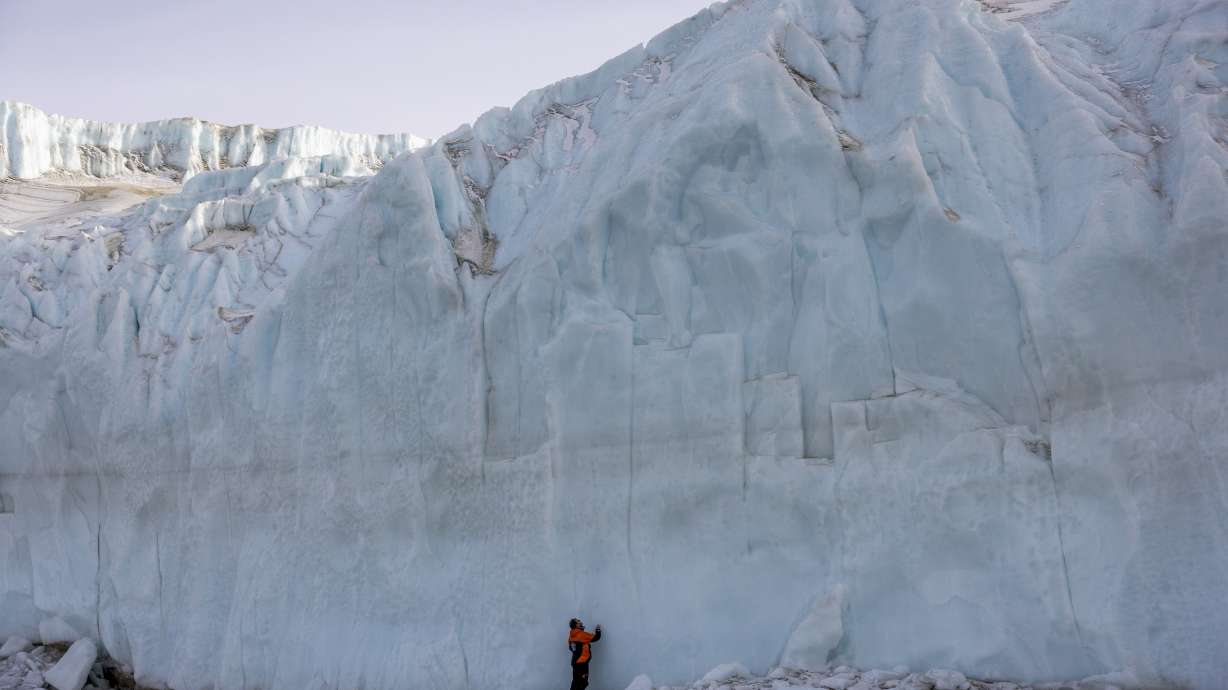Estimated read time: 2-3 minutes
This archived news story is available only for your personal, non-commercial use. Information in the story may be outdated or superseded by additional information. Reading or replaying the story in its archived form does not constitute a republication of the story.
SALT LAKE CITY — Thanks to a COVID-19 outbreak, travel to a U.S. scientific research station in Antarctica has been temporarily halted.
The virus hit the American outpost on the world's most remote continent at the start of October, according to the National Science Foundation. Since then, there have been 98 positive tests for the coronavirus among the 993 people living at the South Pole's McMurdo Station.
There are currently 64 active COVID-19 cases at the station, but most of the people with the virus have mild symptoms and are isolating in their rooms, the foundation reported in an "Antarctic COVID Containment Update" this week.
Last Saturday, the federal agency implemented what was described as "a pause on all travel to the continent" for the next two weeks, effective immediately, while we reassess the situation." The pause does not apply to travel deemed essential for health and safety reasons, the foundation said.
The decision to suspend nonessential travel to the station was called "consistent with the U.S. National Science Foundation's commitment to balance research and operational needs while containing the spread of COVID cases in Antarctica."
With a 10% rate of infection at the station, people there are being advised to wear KN95 masks at all times. Those who test positive for COVID-19 are required to isolate for five days, then mask for another five days. They can return to work after two negative tests.
While the station operates year-round, NBC News reported November is when many scientists usually arrive to conduct field research during Antarctica's summer season. The network said the impact of the outbreak on the station's activities is not yet clear.
Previously, NBC said, the station had relaxed quarantines, repeated testing and other protocols intended to keep COVID-19 at bay. However, the updated COVID-19 booster shot is still required and those considered at high risk for the virus are kept away, the network said.
The cases at the U.S. base aren't the first for Antarctica. COVID-19 first reached the continent in December 2020, about a year after it emerged in China. The BBC said the Chilean army reported 36 cases at that country's Antarctic research station after Chile's navy confirmed three cases on a ship that had delivered supplies and personnel.
COVID-19 cases have also been reported at Belgian, Argentinian and Australian outposts in Antarctica.










